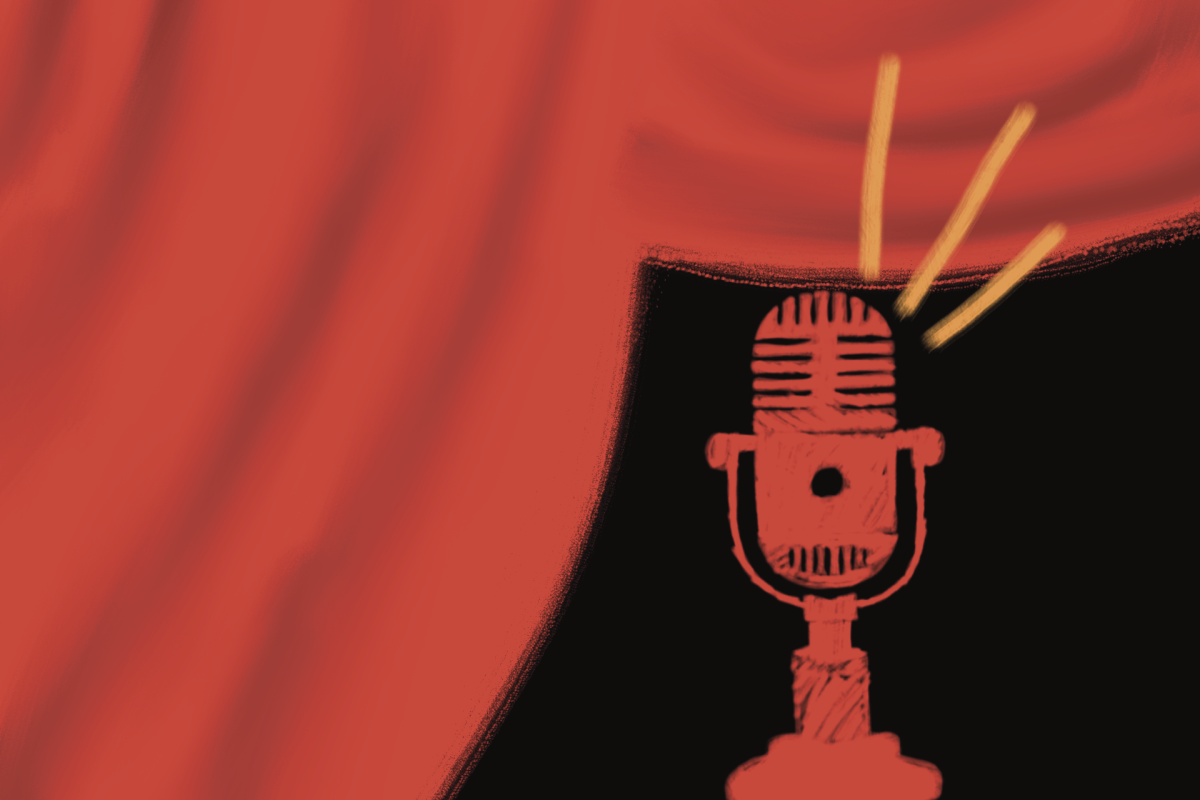‘Extremely Online: The Untold Story of Fame, Influence, and Power on the Internet’ by Taylor Lorenz, reveals the secret history of social media and the rightful figures of its success.

Taylor Lorenz is a technology columnist for The Washington Post. Her debut book, “Extremely Online: The Untold Story of Fame, Influence, and Power on the Internet” was released on Oct. 3 to a hungry audience of fans and critics alike.
On April 10, Lorenz posted on her alternative Instagram and meme page with the caption, “MY BOOK IS AVAILABLE ON PREORDER!!! Tag your 3 best friends below and tell them to order a copy this week! (link in bio).”
So I preordered it. It has since arrived, I have since read it, and now here are my thoughts.
Over the course of the book’s 291 pages, including the epilogue, Lorenz delivers what she calls “a social history of social media.” This book is not about the history of the internet and Big Tech — it is the history of the secret pioneers that gave the internet and its platforms the power, money and influence that it has today.
These trailblazers, now known as influencers or creators, began as popular mommy and fashion bloggers who realized that their “hobby” had turned into labor and their labor deserved compensation.
Twenty years later, there is a whole new industry — the “creator economy,” (a more palatable term for Silicon Valley investors, begging to be taken seriously), built by and for online users with any influence over their audience.
For some, this may sound like a lot of jargon. However one of the highlights of Lorenz’s book is its accessibility. Lorenz’s choice to use simple and straightforward language opens this book to an even wider audience. If you’ve ever seen a YouTtube video, made a tweet or liked a post, then I promise you will learn the mountainous weight behind those actions from Lorenz’s easy to read, yet addictive, recounting of events.
A common theme Lorenz weaves throughout the book is the prevailing force of exclusion. Though it takes on many forms, Lorenz calls out the systemic obstacles inescapable still in the online world. Women regularly face misogyny, people of color are excluded again and again and Queer communities are rarely mainstream; unfortunately, it is the fruits of their labor that break into mainstream online culture while the creator is consistently left behind.
Lorenz uses Jalaiah Harmon, the creator of the TikTok dance “the Renegade,” to exemplify this pattern. Though Harmon, a 14-year-old Black girl from Atlanta, invented the dance, she was given no credit until a year later — which is equivalent to a millenia on the internet.
I find that this theme of exclusion is relatable even to the publication you may be reading this article from, but the exclusion has turned voluntary. Institutions face consequences when they succumb to tired traditions — irrelevancy is the true killer. Failure to make a successful and engaging online transition guarantees a slow and early death for any stubborn publication. Entire industries are being forced to reckon with the success found in online spaces; the same spaces many of these industries were too hesitant to break into until it was much too late. Now legacy institutions, such as journalism, are scrambling for the relevancy they may never recover.
Journalists and consumers alike interact and engage with one another equally in this novel online space. I believe that social platforms can provide so much more to users, like the ability to self-promote and identify what the masses care about. Journalism must figure out how to optimize this free global network, while users shouldn’t reject the traditional industry making the transition.
At the end of the book, Lorenz leaves us with this, “Legacy institutions that refuse to adapt will continue to fade into oblivion.” It is a user’s world that we live in and that institutions must comply with. Yet it is a relationship ripe with possibility, if only legacy institutions are willing to become extremely online.
Edited by Annie Goldman | [email protected]
Copy edited by Sterling Sewell | [email protected]







